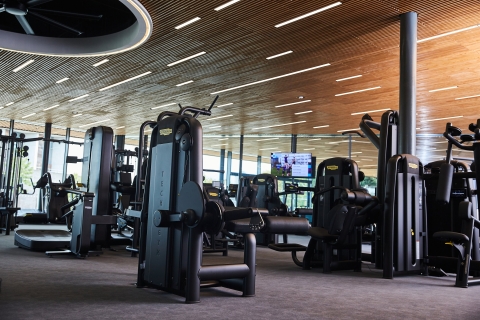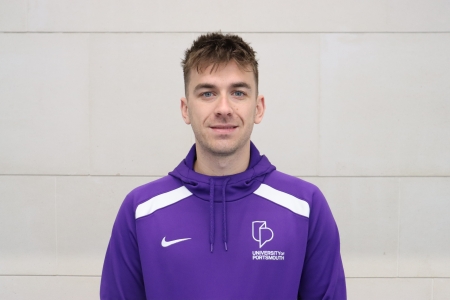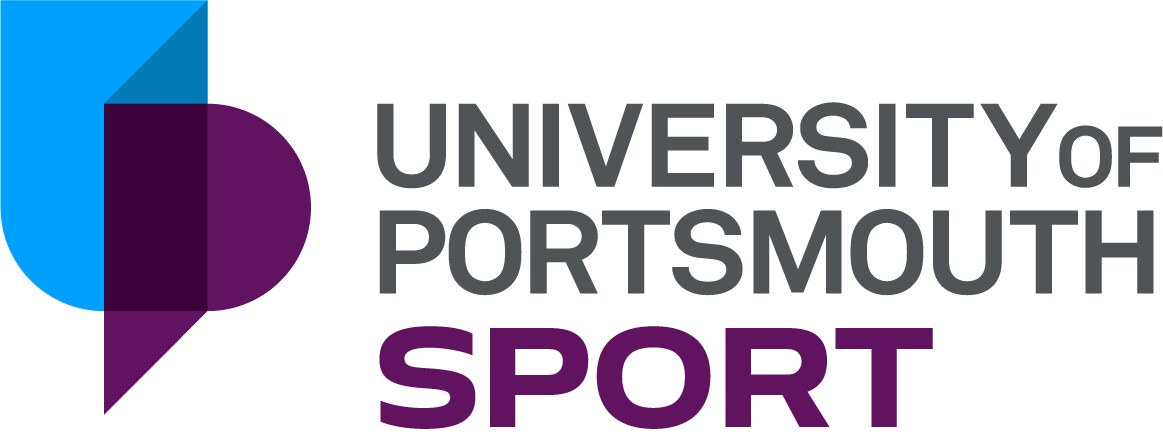

A speedy response from colleagues at Ravelin Sports Centre saved the life of a customer who had a cardiac arrest while using the gym.
The team saw a customer slumped while using a piece of equipment and sprang into action. He was laid on the floor and the team began administering CPR while an Automated External Defibrillator (AED) was brought over.
The gym was cleared of other customers, while a shock was delivered to reset the customer’s heart rhythm. The team continued to deliver CPR while an air ambulance and paramedic team arrived with their equipment to take over. The man was taken to hospital, where he was treated and has recovered.
The entire operational team at Ravelin Sports Centre has had mandatory first aid training, including CPR and the use of AEDs for both adults and children. Their ongoing monthly training covers medical emergencies like CPR, using AEDs and more.

Lee McCanny, Sports Duty Supervisor, said “Incidents like these are rare, but our team’s training kicked in and we were ready to respond."
“I noticed the man’s agonal gasps - when someone is not getting enough oxygen often due to cardiac arrest - and I knew that we were dealing with a serious situation which was going to require CPR.
“The first responders and the air ambulance team spoke to us after the incident and praised us for our quick response to the situation. They said we’d done everything we possibly could to have given our customer the best chance of survival, and we’re proud of how we handled it.
AEDs on and around campus
The University has over 30 accessible Automated External Defibrillators (AEDs) on campus around the University.
Colleagues are encouraged to refresh their memory on where the nearest AED is to their normal working locations.
No training is required to use an AED - they are fully automated and give detailed instructions on what to do. An AED will not administer any shocks unless the patient's heart rhyme requires it.
Other AEDs are available in nearby public buildings like schools, community centres and libraries. Public access defibrillators such as those on advertising kiosks are locked to prevent tampering. When you dial 999 to report that someone has collapsed, the operator will advise you where your nearest one is and give you the code to unlock it.

